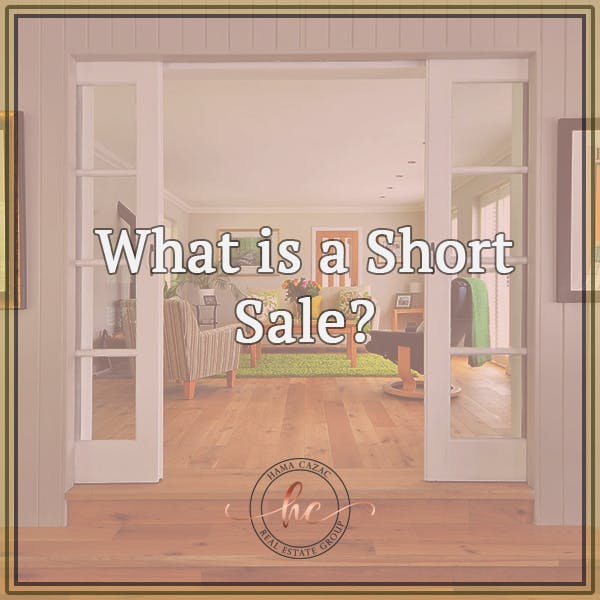
SImply put, a short sale is when a seller is willing to accept an offer on a property that is less than what is currently owed on said property. This usually means a loss of some kind for the seller of the property, but can be a serious gain for potential buyers looking to acquire property for less than it’s worth. Keep reading to learn more about how short sales work, how they’re different from a foreclosure, and the steps to take as a seller to make it happen.
How the Short Sale Works
Normally, a short sale occurs when the owner of the property is so far behind on their mortgage or commercial property loan payments that there’s no way they can catch up. This is a way for the owner to get out of the responsibility of owning the property, especially because missed payments create a lot of debt very quickly.
Another reason for a short sale is when the general or local housing market has dropped so significantly that the house or property is worth much less now than it was when it was purchased.
Why it’s Different Than Foreclosure
A short sale isn’t the same as a bank foreclosure; in fact, the two are incredibly different when you look at the details. During the short sale process, the owner of the home is usually the one who initiates the short sale, deals with the potential buyers, and has the final say on the price of the short sale (thought the lender must approve these details).
With a foreclosure, the bank will take over ownership of the home or property (vacating any residents), and list the property as “for sale” in order to attempt to recover as much of the original cost of the loan as possible. This is generally a strenuous process for the owner, and the bank loses money when it has to foreclose on a home.
How to Get Started
Initially, if you want to sell your home or property via short sale, you’ll need to let your home or property lender know first. Then, you’ll submit proof that you can’t make your payments anymore, and you’ll need to submit a short sale package in some cases.
You’ll be working with a realtor to list the property, who will list a sales contract for any potential buyers. Although you and your realtor will interact with potential buyers, ultimately, it’s your lender’s decision whether or not the offer(s) are acceptable.
The lender will review the contract, make a decision, and then it’s completely up to the buyer whether or not to proceed. The lender could completely reject the buyer’s offer or vice versa; it’s completely up to the two parties at that point.
Once everything is finalized, the sale is made, the ownership is transferred to the buyer, and you’ll be released from your mortgage payments. This can be a serious loss, especially if you’ve built up equity in your home over the years.
Why Would Someone Short Sale Their Home?
So, what causes homeowners to end up taking the short sale route? There are a variety of factors that can lead to the need for a short sale; from loss of income to a change in circumstances, the main reason is simply to avoid foreclosure on their home.
Lenders usually agree to short sales only when they believe it’s the only way they’ll recover a significant portion of the original loan. Foreclosed properties usually sell for much less, and cost the bank more overall.
Conclusion
Whether you’re considering a short sale for your own home or looking to purchase a home listed on a short sale, be sure to consult with a realtor about the details and make sure you’re covering all of your bases. Having an expert in your court can help you avoid potential mistakes or issues down the road.


